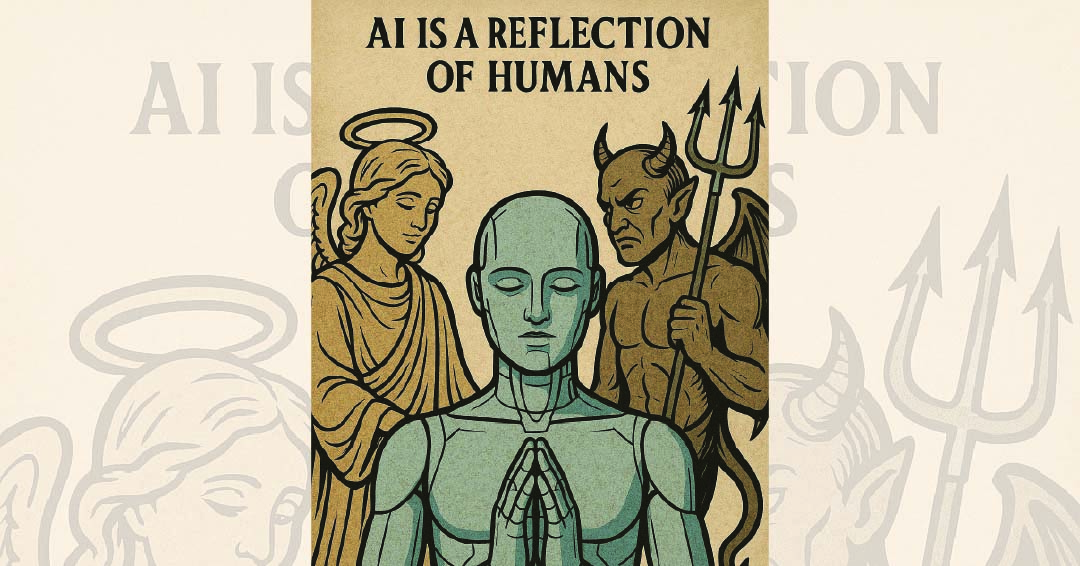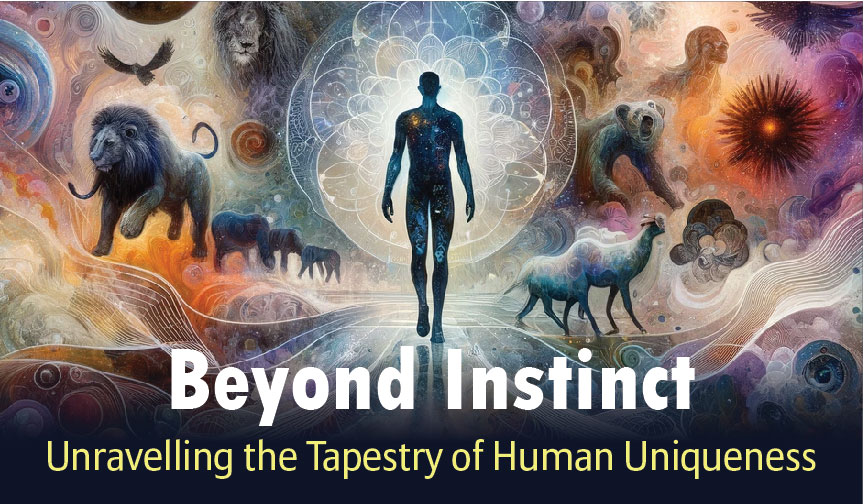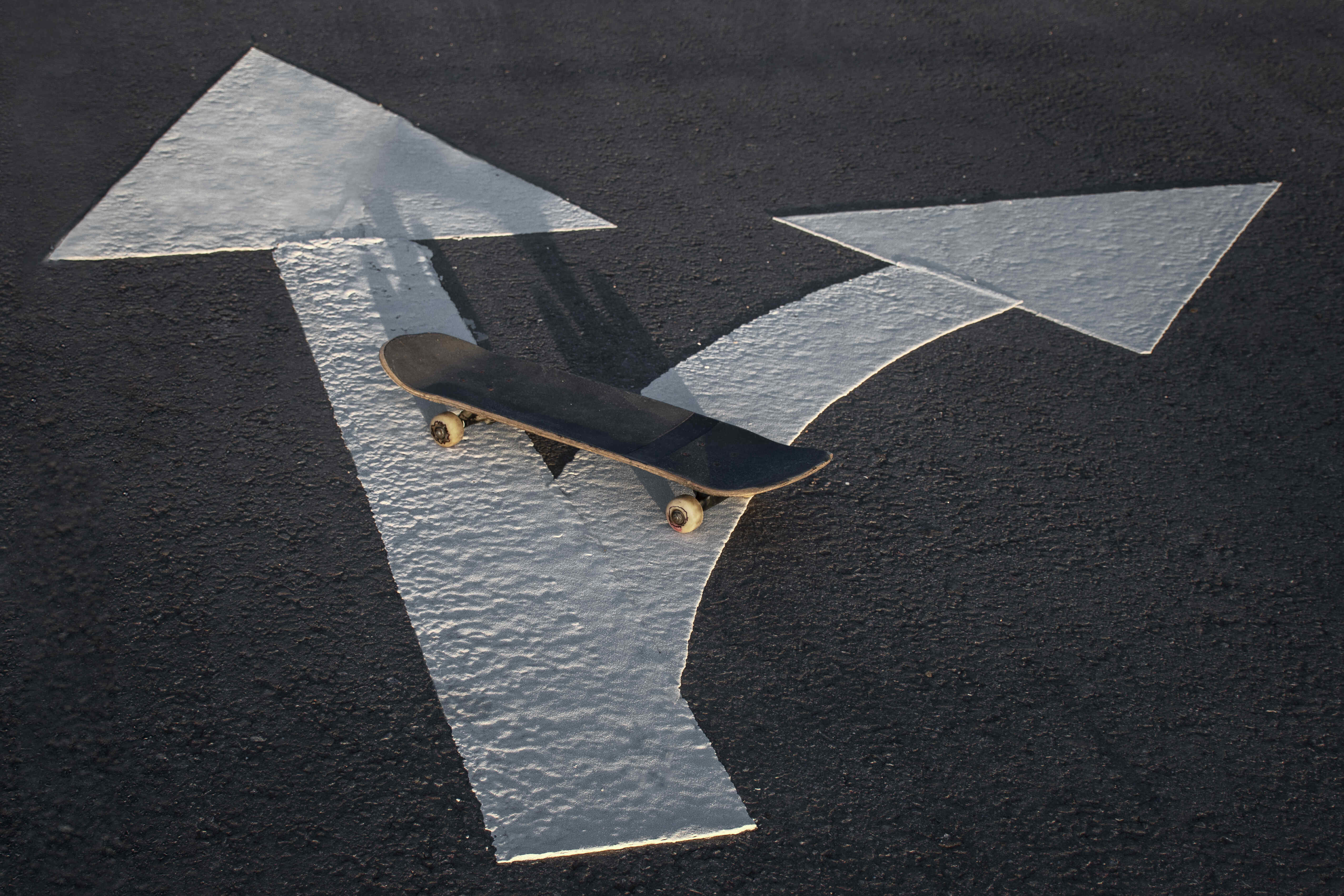Living a life of Minimalism

You can also listen to this blog belowNew
Growing up I remember we only got what we needed which was more towards our everyday organic functioning and learning and developing needs. Even products available in the market were simple and utility-based, where customer buying behavior was more logical. Now with everything at your fingertips, consumers are spoilt for choice, transitioning their needs to wants. When I think about it, I feel our materialistic desires have become paramount to us. Everywhere we look, there is a new product or innovation which seeks our attention and we tend to fall prey to many of their frolics.
I came across a book that highlighted the benefits of leading a minimalistic lifestyle and the positive impact it has on your productivity. The more I read about it, the more I began to relate to its concept and its efficacy. Minimalism isn’t a new trend or concept but minimalism has its roots in Japanese and Greek philosophy that talks about an art or movement if we may say, promoting a lifestyle of ‘Less is More’. But minimalism has existed in India for many years which is evident with the establishment of Ashrams and Gurukools which were made with natural resources and relied on the aesthetics of simplicity and frugality. This same philosophy was evidently followed by Mahatma Gandhi which till date is existent in the Sabarmati Ashram which exemplifies his philosophy of self-sufficiency and sustainability. It not just talks about simplicity but also about using resources around you, rather than demanding something out of reach. This is evident even from the buildings at Sabarmati Ashram, which were burnt brick, handmade tiles, and sawn timber, all sourced locally. In Indian history, Sannyasa often involved a simple life, one with minimal or no material possessions. It was about studying, meditation, and ethical living. Those who undertook this lifestyle were called Sannyasi, Sadhu, Yati, Bhiksu, Pravrajita/Pravrajitā, or Parivrajaka in ancient Indian texts. Austerity and minimalism in Indian religions include a spectrum of diverse practices, ranging from mild self-discipline; letting go of all material possessions towards a self-induced state of minimalism and simple living. It has been often seen as a route to salvation and attaining a heightened sense of self or nirvana.
This philosophy if applied to our personal and professional life, can bring about a more structured work-life balance which we seek so arduously. There are no set rules when you wish to pursue a minimalistic life, it’s about investing your time, energy, and money into meaningful things and experiences, making you detached from unimportant possessions which make your life less chaotic and simple. You may feel satisfied with the way your life is currently, but minimalism can help you be more organized with your life.
Why choose a Minimalistic Lifestyle?
Being a minimalist is a state of mind, where you appreciate what you have without concerning yourself with what you don’t have. Minimalism empowers you to prioritize your life goals by being mindful of the changes you want to make by avoiding mental clutter and distractions. It involves investing less on things you don’t need but only on what you essentially need, making you more financially stable by avoiding callous expenditures. Having more of what you may not need in terms of your long-term goals, can lead to more attachments to materialistic belongings. There is a sense of freedom one can enjoy when you’re not tied to your materialistic possessions, which is underrated. Culturally we tend to compare our lifestyle with others which sometimes becomes an unhealthy cycle. Whenever I think of purchasing something new which requires a small or big investment, my first thought is whether I justly need it, or whether it benefits my family, or do I have the time and ecosystem to manage it resourcefully? This quick evaluation makes me more pragmatic of my wants, consciously choosing only things which benefit either my family or someone in need.
Minimalism is an empowering way of life that inspires you to decide what stays in your life in a way that helps and supports you. With minimalism, you make intentional choices to make your life clutter-free in all spheres of your life thus encouraging you to follow a lifestyle that allows you to do more of what you enjoy. Minimalism does not necessarily only refer to physical possessions but can be applied to any aspect of one’s life. We are constantly on our mobile devices for all our requirements but some usage that does not add value can be minimized which is essentially implementing digital minimalism! Our minds are like houses in which we horde thoughts that can harm our mental health. De-cluttering your mind of unwanted thoughts is another form of mental minimalism which needs to be practiced consciously by freeing up some inbox space in our minds.
How Minimalism helps Productivity?
Imagine you get to your work desk and find it piled with papers, books, chargers, laptop, post-its, etc.; it’s not the best start to your day because you have already thought of a million things you have to do with the multiple visual distractions on your desk. You have clobbered your mind with the many tasks at hand and already feel flustered to begin your day. How about a work desk which just has your essentials and possibly a simple word doc or any software with a list of things to do. Its small changes like these that help reduce your distractions at work, help you think and function in a structured way and let’s be honest, it helps start your day with a positive attitude and a fresh mind. If you have many distractions, then refocusing on important tasks takes a while. This habitually makes you procrastinate at work and you find yourself unable to give your full attention to important tasks which indirectly affects your work-life balance.
It’s easy, fewer distractions equals more productivity thus giving you a better quality of life since you get the time to manage your life better. Having fewer distractions, developing better focus, and making the most of your time, also makes you less stressed. With lesser distractions, you have more time for yourself rather than investing in insignificant things that occupy your mind rent-free! The more you concentrate on the things that you value which could mean pursuing that hobby, learning a new skill, reading a book, or just traveling somewhere which you just dint have the time for, will make a colossal difference to your overall well-being and happiness – which is what life is really about, isn’t it? It’s important to really reflect if the car you own, the expensive watches or clothes, new phones every few months – does that give you true happiness, or does just having inner peace give you unparalleled happiness.
Minimalism sometimes gets a bad name where it can be perceived as sacrificing what you desire or becoming miserly. The way I see it, the modern progressive world today has so much to offer that you will always want new things because there is something new and better out there. We also tend to get emotionally attached to things we have carried on for years which can sometimes drain us making us mentally stuck. However, donating things that you no longer need but are just occupying space in your closet, could mean higher value to someone else. Imagine the clothes that you don’t wear any longer can be someone else’s new clothes and can bring them joy which in a sense give us happiness as well!
I am content these days when I have lesser things to worry about and can invest my time and energy in things that make me happy, make me a better human being and I can focus on making a difference to society. The more materialistic possessions we consume, the more waste we create which leads to more damage to our environment. Less is more, for after all we want to leave behind is a legacy of good and not material possessions, for people remember us for who we are and not what we had!
About the author

Tapan Singhel is the MD & CEO of Bajaj Allianz General Insurance Company Limited. This blog has been initiated by him so that he can directly interact with all the valuable customers and employees of this company.
 Service Chat:
Service Chat: 




Leave a Reply